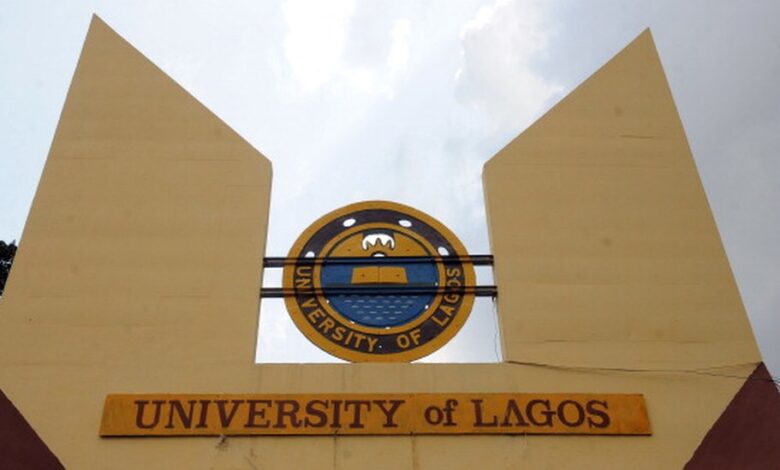239 First-Class lecturers left UNILAG in 7 years over poor pay

By Ologeh Joseph Chibu
The University of Lagos (UNILAG) has lost no fewer than 239 first-class lecturers within the last seven years, underscoring the scale of Nigeria’s academic brain drain.
Immediate past Vice-Chancellor of UNILAG, Prof. Oluwatoyin Ogundipe, revealed the figures on Tuesday while delivering a lecture at The PUNCH Forum themed: “Innovative Funding of Functional Education in the Digital Age”, held at The PUNCH Place, Lagos-Ibadan Expressway.
The Exodus of Young Talent
Ogundipe disclosed that between 2015 and 2022, UNILAG recruited 256 first-class graduates as lecturers. However, by October 2023, only 17 remained in the system—representing a retention rate of barely 6.6%.
• 2015: 86 employed
• 2016: 82 employed
• 2017–2022: 88 employed
• 2023 (remaining): 17 still in service
According to Ogundipe, the exodus is largely driven by poor remuneration, inadequate working conditions, and low motivation in Nigerian universities.
“At UNILAG, we decided that those with first-class honours should be employed. What is remaining is not up to 10 per cent. All of them have gone,” he lamented.
He further warned that if the trend continues unchecked, Nigerian universities may, within a decade, face a double crisis: a feminisation of academia—with women dominating faculties—and an influx of ill-prepared candidates into postgraduate programmes.
Funding Gaps and Global Comparisons
Nigeria’s chronic underfunding of education remains at the heart of the crisis. Ogundipe noted that federal and state allocations to education consistently remain below 10%, far short of UNESCO’s recommended 15–26% of national budgets.
Analysis of federal budgets between 2015 and 2025 confirms this:
• Education’s share of the national budget has hovered between 4.5% and 7.5% annually.
• In 2024, education received ₦1.54 trillion, representing 7.9% of the ₦19.48 trillion budget—still below global benchmarks.
• By contrast, South Africa allocates about 19% of its budget to education, while Ghana averages around 13–15%.
The implications are stark. Nigeria already holds the world’s highest number of out-of-school children, with estimates ranging between 10.2 million and 22 million (UNICEF/UNESCO, 2023). At the university level, over 50% of academic staff are above 50 years old, raising concerns over generational succession as younger lecturers leave.
Infrastructure, Motivation, and Retention
Ogundipe painted a grim picture of overstretched facilities and demotivated staff. “By the time you get home, there is no light, and the Federal Government is saying they are giving us ₦10m to access as loans. Can I use ₦10m to build a security post?” he asked rhetorically.
He warned that unless deliberate action is taken, Nigeria’s tertiary education system risks being hollowed out, both in terms of infrastructure and human capital.
Pathways to Innovative Financing
Calling for bold reforms, Ogundipe urged the National Assembly to enact legislation mandating that each first-generation university receive at least ₦1bn annually to fix decayed infrastructure.
He also advocated innovative financing mechanisms to bridge funding gaps, referencing UNESCO’s call for new tools to address the $100bn annual financing shortfall in low- and lower-middle-income countries:
• Public-private partnerships for infrastructure
• Alumni endowments and philanthropy
• Education bonds and diaspora investments
• Debt-for-education swaps
• Corporate donations and technology grants
• Outcome-based funding models where investors are repaid only if learning goals are achieved
“The private sector should see education support not just as social responsibility but as enlightened self-interest in building the workforce, the talent, and the markets of tomorrow,” he emphasized.
A National Call to Action
Ogundipe called on alumni, civil society, faith-based groups, and donor agencies to share responsibility in funding and reform. “Our fingerprints, our footprints, our names should be found in the library buildings, the digital labs, the scholarships, and the lives changed,” he said.
With Nigeria’s youth population projected to hit 60% of its 230 million citizens by 2030, he stressed that the stakes are existential: “The calibre of graduates we produce will determine the nation’s survival and prosperity.”





